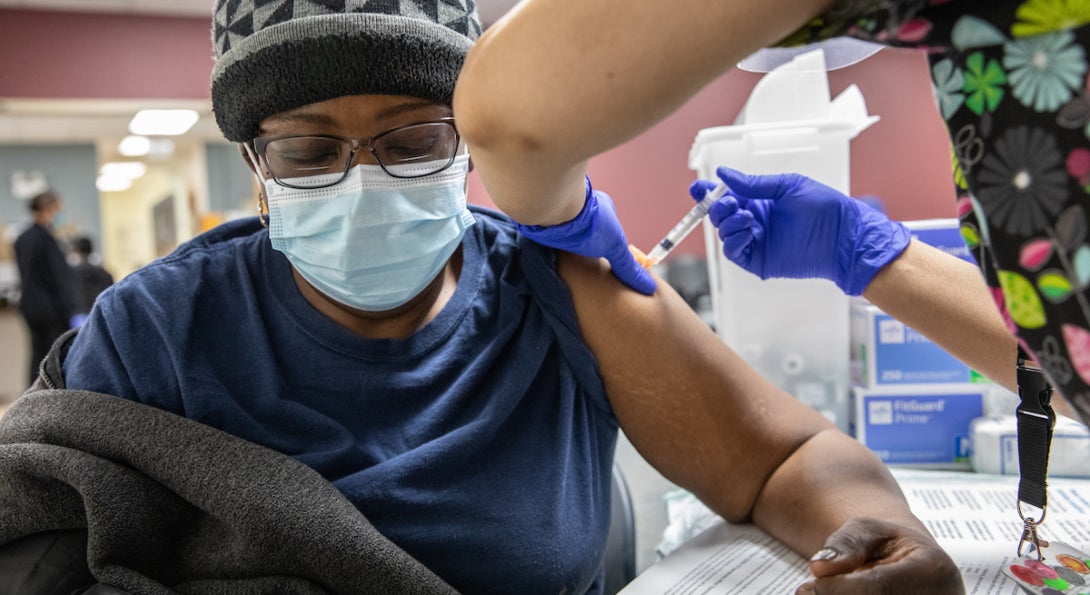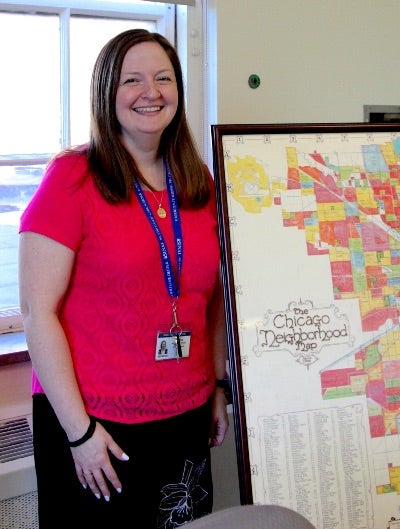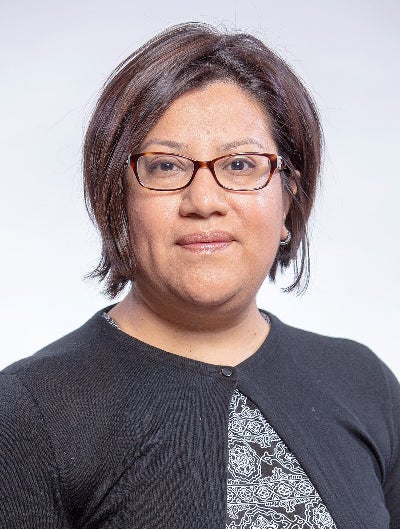SPH student, alumna lead new collaborative to reduce COVID-19 disparities

Story text

The University of Illinois Chicago has been selected by the National Institutes of Health as the principal site of a multi-center collaborative in the Chicago area that will bolster research and outreach to help communities disproportionately affected by COVID-19.
As part of the NIH’s Community Engagement Alliance, or CEAL, Against COVID-19 Disparities initiative, the UIC-led team will focus on strengthening COVID-19 vaccine confidence and access in Chicago-area Black and Latino communities, as well as improving access to testing, treatment and opportunities for clinical trial participation.
In Chicago, rates of COVID-19 cases are greatest among Black and Latino residents, significantly outpacing rates among white residents. Despite this and efforts in the city to deliver the vaccine to vulnerable communities, early data on vaccinations show lower rates of COVID-19 vaccination among Black and Latino adults.
“Black and Latinx communities have historically had unequal access to health care services and research,” said UIC’s Dr. Molly Martin, associate professor of pediatrics at the College of Medicine and principal investigator. “We will focus on these issues of structural racism, with the goal of improving vaccination rates and, importantly, we will do this in partnership with the people and organizations that are already in the communities working as leaders and trusted messengers.”
The team, called the Chicagoland COVID Collaborative, includes co-principal investigators from Loyola University, Equal Hope, Northwestern University, Rush University Medical Center, Sinai Urban Health Institute and the University of Chicago. Co-investigators include Helen Margellos-Anast, DrPH student and president of the Sinai Urban Health Institute at Sinai Chicago, and Abigail Silva, PhD ’13 and MPH ’98 in Epidemiology.
The collaborative is supported by a $1.4 million NIH grant.
In addition to its goals of increasing vaccine uptake and engagement with health care providers for testing, treatment and trials, the collaborative also will leverage best practices in community-engaged research and implementation science to support and test various adaptive interventions to address structural barriers to health care services in Chicago and surrounding areas.
Centering vaccine efforts in the community

“Consider that majority Black and Brown suburban towns have vaccine uptake rates that are lower than the county and city rates,” Silva said. “Our efforts will include geographic areas that often left behind not only in terms of resources but also opportunities such as participating in clinical trials that aim to find betters treatments for diverse populations.”
The team will work with community partners to create an inventory of vaccine awareness, education, and distribution programs and evaluate these programs to help identify which strategies are more effective.
“From our inception, our focus at Sinai Urban Health Institute has been on laying bare the root causes of health inequities at a hyperlocal level,” Margellos-Anast said. “Partnering with communities to co-lead initiatives that address those root causes and move the needle towards health equity will be a guiding aspect of this partnership.”
Martin says that while increasing vaccine uptake is a focus now, the collaborative is designed to address all kinds of barriers and public health goals.
“The COVID-19 pandemic has made clear the inequities cemented into the foundations of our social system; the consequences of these inequities in access, trust and engagement with the health care system affect us all,” Martin said.
Other co-investigators include UIC’s Phoenix Matthews, professor of population health nursing science at the College of Nursing, and Anne Marie Murphy, Bonnie Spring, Elizabeth Lynch and Monica Peek of partner institutions.
The collaborative is one of 10 new teams to receive CEAL funding in 2021, according to a news release from the NIH. The NIH-wide effort is co-led by the National Heart, Lung, and Blood Institute and the National Institute on Minority Health and Health Disparities.